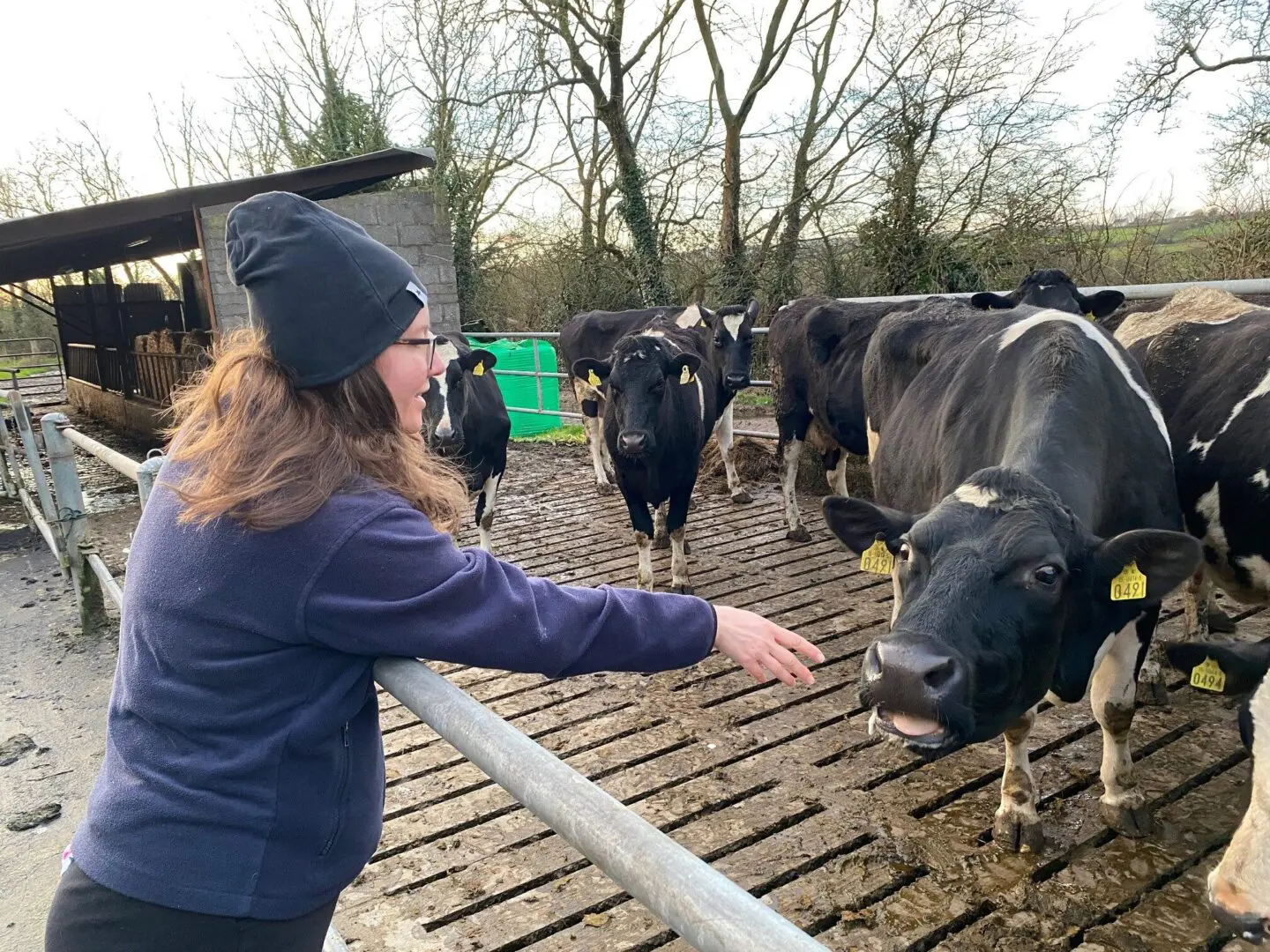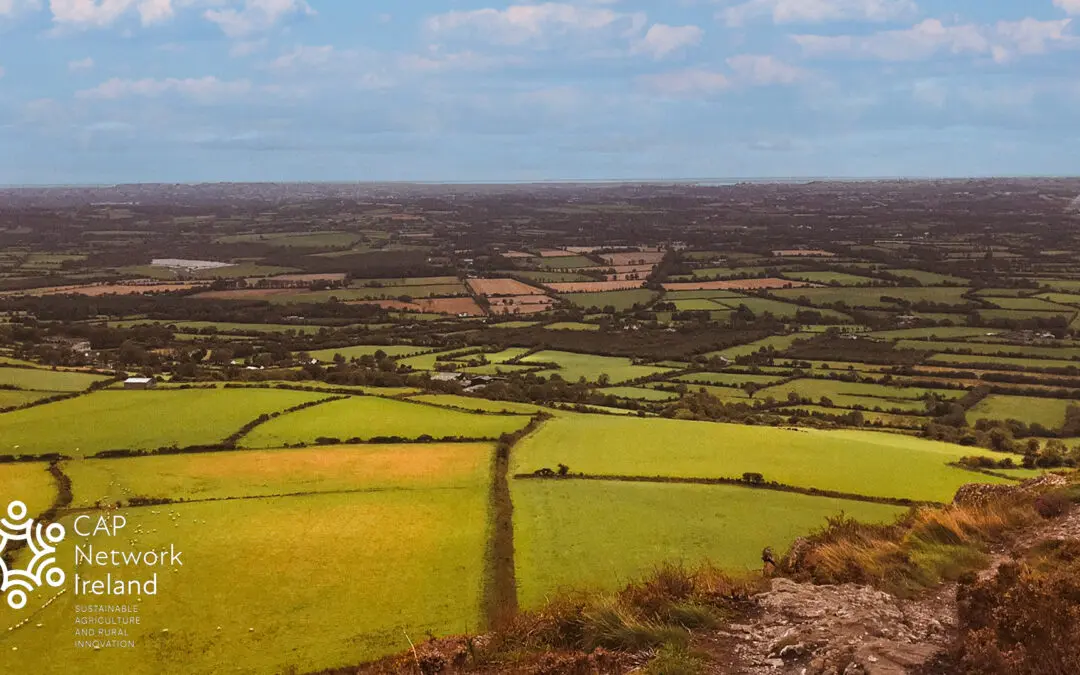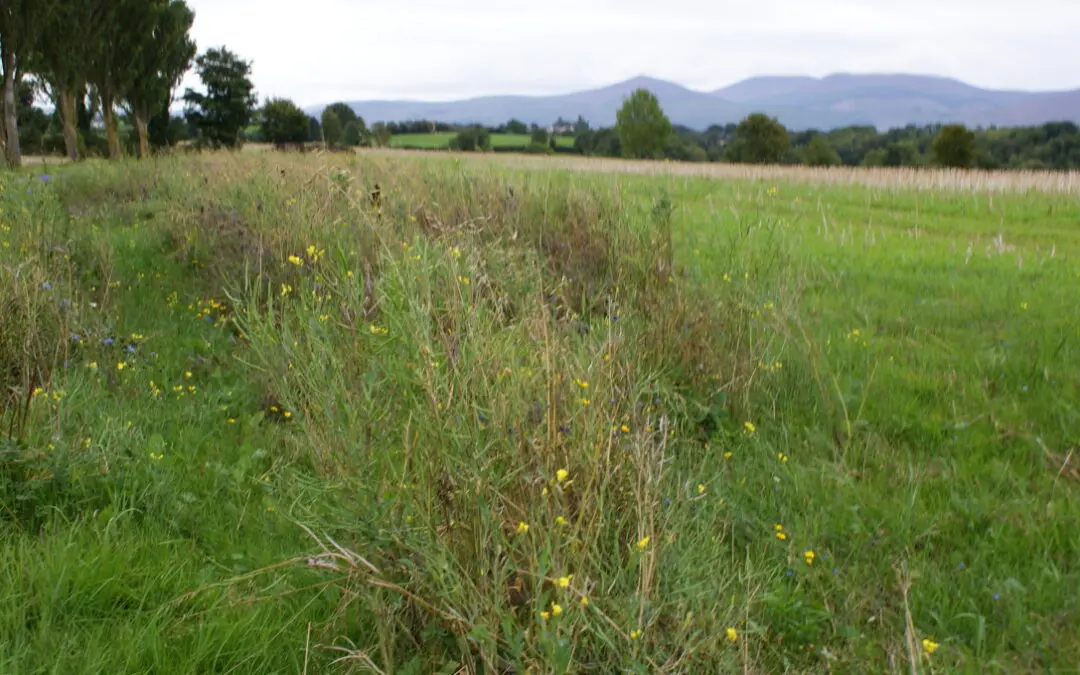Saturday, 8th March 2025, is International Women’s Day (IWD). This is a global day celebrating the social, economic, cultural, and political achievements of women and has been celebrated for over a hundred years. To mark this day of recognition, empowerment, and advocacy for gender equality, CAP Network Ireland are dedicating the March 2025 e-bulletin to “Women in Irish Agriculture”.
Gender inequality permeates every aspect of our society and is deeply embedded in our governance structures. Women were traditionally grossly under-represented in nearly all spheres of influence, including agriculture where the CSO Farm Structure Survey 2023 reports only 13% of farm holders are female. While the contribution of women’s work was historically considered essential to the farm economy, it was rarely celebrated. Many farm women were quietly engaged in general farm duties such as poultry and pig raising, with the added burden of paperwork following our 1973 entry into the EEC. In more recent times there has been substantial changes in gender roles within the farm family, it is possible to conclude that they are not at the pace of the dramatic changes seen in broader social relations. It is now time for the light to shine on women and their essential role in Irish Agriculture. This shift towards gender equality in agriculture is part of the programme for Government and is currently being addressed by several targeted national and European policies.
Aligning with the European Commission’s 2020-2025 Gender Equality Strategy, the Common Agricultural Policy (CAP) now includes a Specific Objective aimed at enhancing the position of women in farming and accelerating the social inclusion of rural women, placing a new focus on promoting the role of women in rural development, with special attention to farming. Ireland’s €9.8 billion CAP Strategic Plan (CSP) identified gender inequality as a weakness, while the economic benefits of increasing female participation was identified as an opportunity. Several measures to support greater gender equality were thus included in Ireland’s CSP such as the increased grant rate of 60% under the Capital Investment Scheme to fund investments by trained women farmers (TAMS 3), the promotion of women-only Knowledge Transfer Groups and improved recording and reporting of gender data and the leveraging of the National CAP Network to increase the involvement of all women in the implementation of CAP.
In April 2024 DAFM issued an open call for expressions of interest under the EIP programme on the theme of Gender Balance in Farming, for which a total of nine proposals were received. The successful project ‘Making Farms Work for Women’ is led by Claire Brennan, Agricultural Advisor. The project was awarded €650,000 of DAFM funding for implementation, raising further awareness and innovative ways of addressing gender balance in the sector and will address the needs of women on Irish farms in relation to working with machinery and livestock.
2024 also saw the announcement of the National Women in Agriculture Action Plan. This initiative emerged from the National Dialogue on Women in Agriculture, which examined the state of gender equity within farming and the agri-food sector. The dialogue aimed to enhance the visibility and status of women in agriculture, resulting in a report with actionable recommendations.
Looking to the future, the United Nations (UN) General Assembly has declared 2026 as International Year of the Woman Farmer. The resolution invites UN Member States and stakeholders to increase awareness of the crucial role that women farmers around the world play in agrifood systems, as well as their contributions to food security, nutrition and poverty eradication. In this regard, the International Year of the Woman Farmer 2026 will serve as a platform for the adoption of effective policies and actions against the barriers and challenges that women farmers face across agrifood systems, as well as to promote gender equality and the empowerment of all women in agriculture. The observance will also highlight the vital role of rural women in contributing to both the rural and national economies.
For 2026 let’s shine a light on women and young girls owning or working on farms. To ensure they are visible, these women and young girls can apply for a herd or flock number in their own name, a joint herd number with a family member, a registered farm partnership or a herd keeper role all of which are recorded and reported on by DAFM.
To learn more about the CAP Strategic Plan (CSP) 2023-2027, click here.




